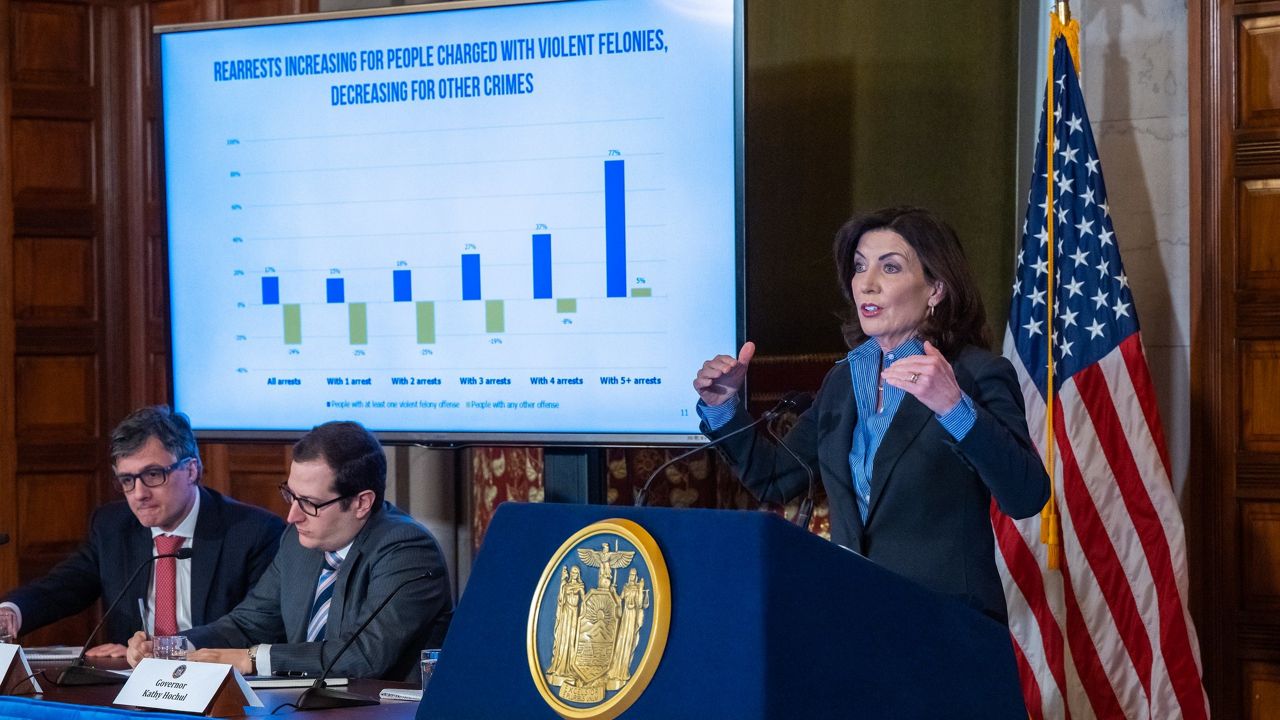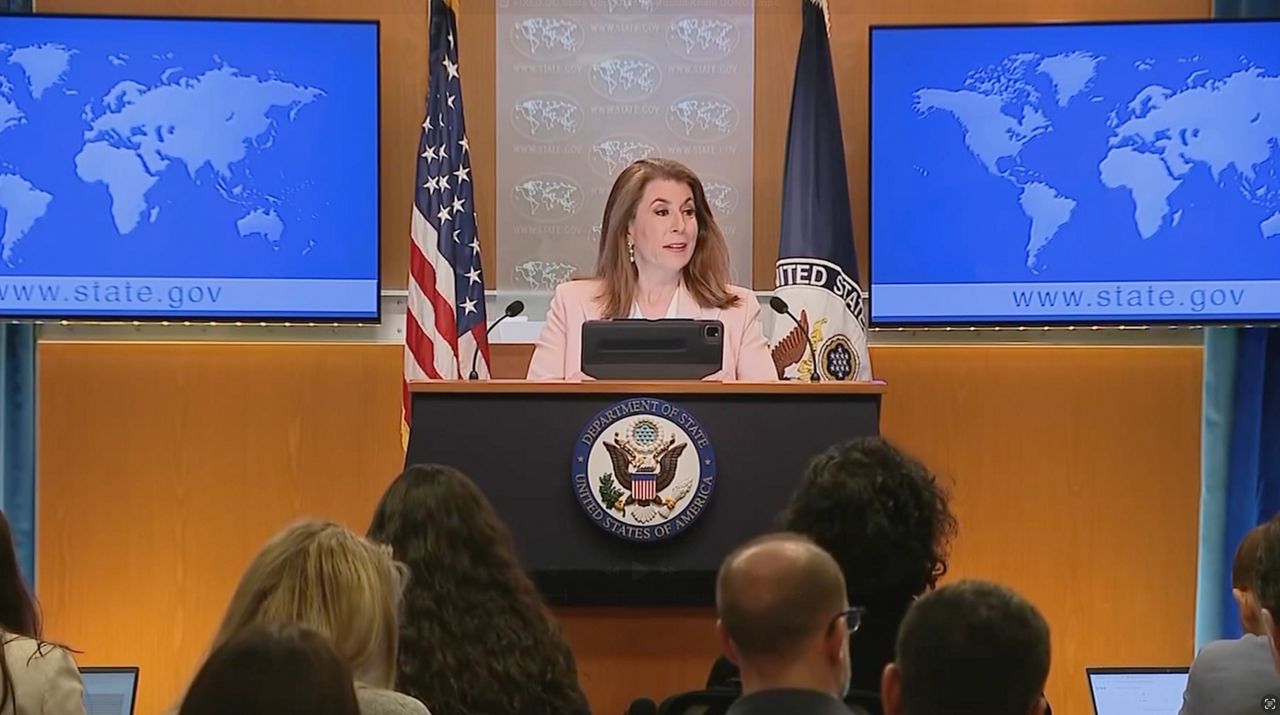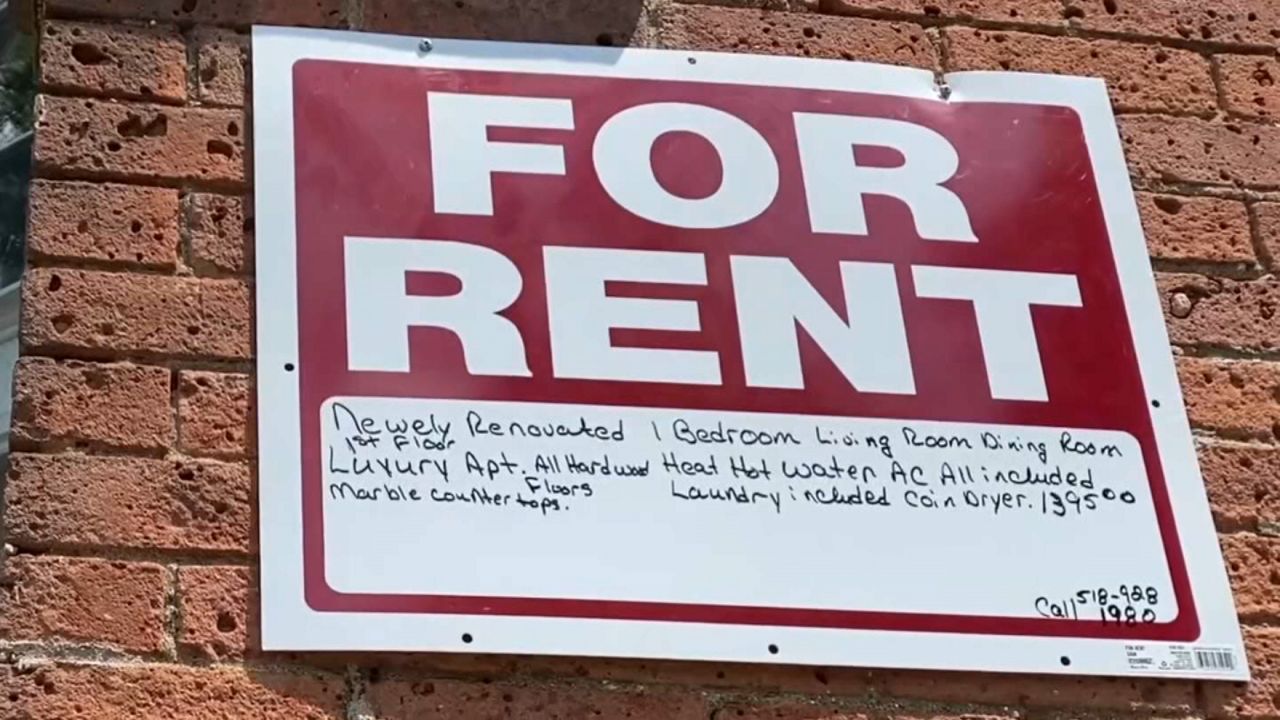Gov. Kathy Hochul on Wednesday defended the public safety initiatives in her executive budget proposal, including her push to change the state's bail reform laws, after releasing new statewide crime data from the state Department of Criminal Justice Services.
Shootings in New York decreased by 16% from 2021 to 2022, including down 15% in upstate communities and a 17% reduction in New York City — or down to pre-pandemic levels, the governor said during a press conference in the state Capitol in Albany.
Murders are down 11% statewide from 2021 to 2022 with 94 fewer people killed, or almost twice as low as the national average.
"We're also championing reforms that restore people's confidence in the criminal justice system, something that's personally important to me," Hochul said. "A day hasn't gone by where I have not been laser-focused on this objective."
For 2023 to date, shooting incidents are down 21% in New York City and 34% outside of the metropolitan area.
"These are all good signs, but the entire picture is not as positive," Hochul added.
Index crimes, used to measure serious crimes, however, have increased 21% year over year, which the governor says is partially to blame for an increase in car thefts. Hochul said the data reflects a significant decrease in statewide crime rates from the 1970s and 1980s, but she's taking action to ensure this upward trend doesn't continue.
Hochul highlighted $337 million she proposed in her budget to reduce gun violence, including $200 million to address gun violence and crack down on ghost guns and programs to reduce gang violence and bolster support for local law enforcement and new community stabilization units.
Hochul has proposed changes in her executive budget to change the state's controversial bail reform laws to end the least restrictive standard to clarify for judges when they can set bail for more serious crimes and repeat offenses. She says that statute needs to be clarified for judges who have been confused about recent changes to the law.
"What we're seeing is despite violent felonies, gun possession, offenses and repeat offenses being bail-eligible, sometimes judges are not setting bail in these cases," the governor said. "And they're remanding in defendants into custody. ...I want to remove any question about whether a judge has discretion to set bail or remand individuals, meaning hold them if they're accused of a serious crime. I want to make it absolutely clear that judges have both the authority and the accountability for these important decisions, and that's why I proposed a very simple change: Removing the least restrictive standards for the serious crimes and repeat offenses that the Legislature has already deemed eligible for bail."
Bail reform has been tweaked several times since the original law passed in 2019.
State Acting Chief Administrative Judge Tamiko Amaker told lawmakers at a budget hearing last month judges aren't confused by the state's bail laws that have changed several times since then. She also dismissed lawmakers' push to mandate training for judges on the topic.
Hundreds of advocates rallied in Albany on Wednesday during the governor's speech, yelling to protect the bail reform law outside her office on the Second Floor and an event on the Million Dollar Staircase with lawmakers.
Advocates cite data that shows that in the two years after bail reform was enacted, about 24,000 fewer people had to choose between paying bail or staying in jail and it kept $104 million in communities that would have otherwise been leveraged to bail.
The Senate and Assembly each rejected other changes to the state's bail laws in their one-house budgets. This is expected to be one of the most contentious issues this budget season.
“Enough is enough," Assemblymember Demond Meeks said in a statement. "We know what the numbers say. There’s a lot of pushback telling us to disregard the numbers, but the facts are this: There’s no correlation between crime and bail reform. The reality is Black and brown bodies being incarcerated has been beneficial to far too many white individuals for far too long. The same people calling for rollbacks are the same people not allowing access to Black and brown bodies in positions within their law enforcement agencies. If we want to talk about true justice reform, we must look at ways to push back against generational poverty, and speaking of crime, we must recognize the challenges of housing insecurity, food insecurity, and access to quality wages in the workplace.”
The budget deadline is April 1.








